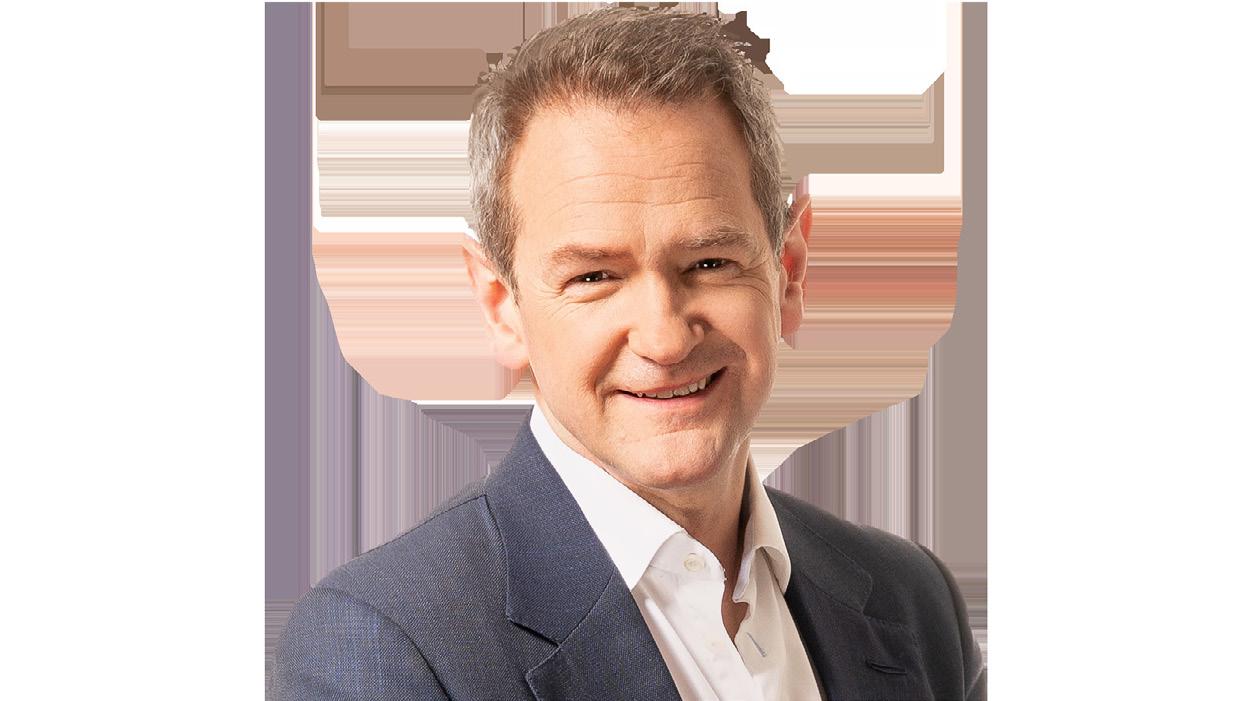EXHILARATING RACHMANINOV PIANO CONCERTO
No3

Usher Hall, Edinburgh
Fri 28 Apr 2023 7.30pm
Glasgow Royal Concert Hall
Sat 29 Apr 7.30pm






















































































































































































































































































































































Usher Hall, Edinburgh
Fri 28 Apr 2023 7.30pm
Glasgow Royal Concert Hall
Sat 29 Apr 7.30pm




















































































































































































































































































































































When Shostakovich premiered his Tenth Symphony shortly after the death of Stalin, the Soviet authorities didn’t know what to think. It’s an epic, emotionally charged masterwork, perfect for Music Director Thomas Søndergård, who tells it exactly how it is. With superb pianist Leif Ove Andsnes as soloist in Rachmaninov’s mightiest and most passionate piano concerto, this is a concert to set pulses racing – no holds barred.
RACHMANINOV Piano Concerto No3 in D minor Op30 [43’]
INTERVAL
SHOSTAKOVICH Symphony No10 in E minor Op93 [57’]
Thomas Søndergård Conductor
Leif Ove Andsnes Piano
Royal Scottish National Orchestra
USHER HALL, EDINBURGH
Fri 28 Apr 2023 7.30pm
GLASGOW ROYAL CONCERT HALL
Sat 29 Apr 7.30pm
The Glasgow performance will be recorded for the RSNO Archive. Supported by the Iain and Pamela Sinclair Legacy.
If viewing these notes at the concert, please do so considerately and not during performances. Please silence all mobile telephones and alerts, and refrain from taking photographs, without flash, until the end of each piece.
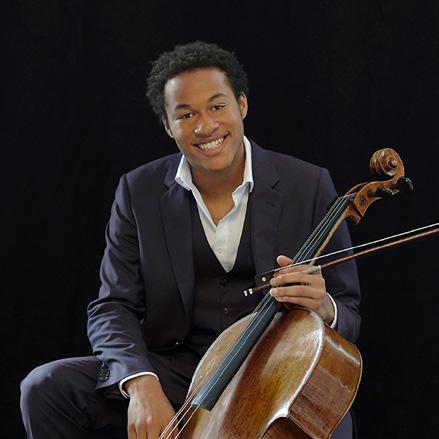

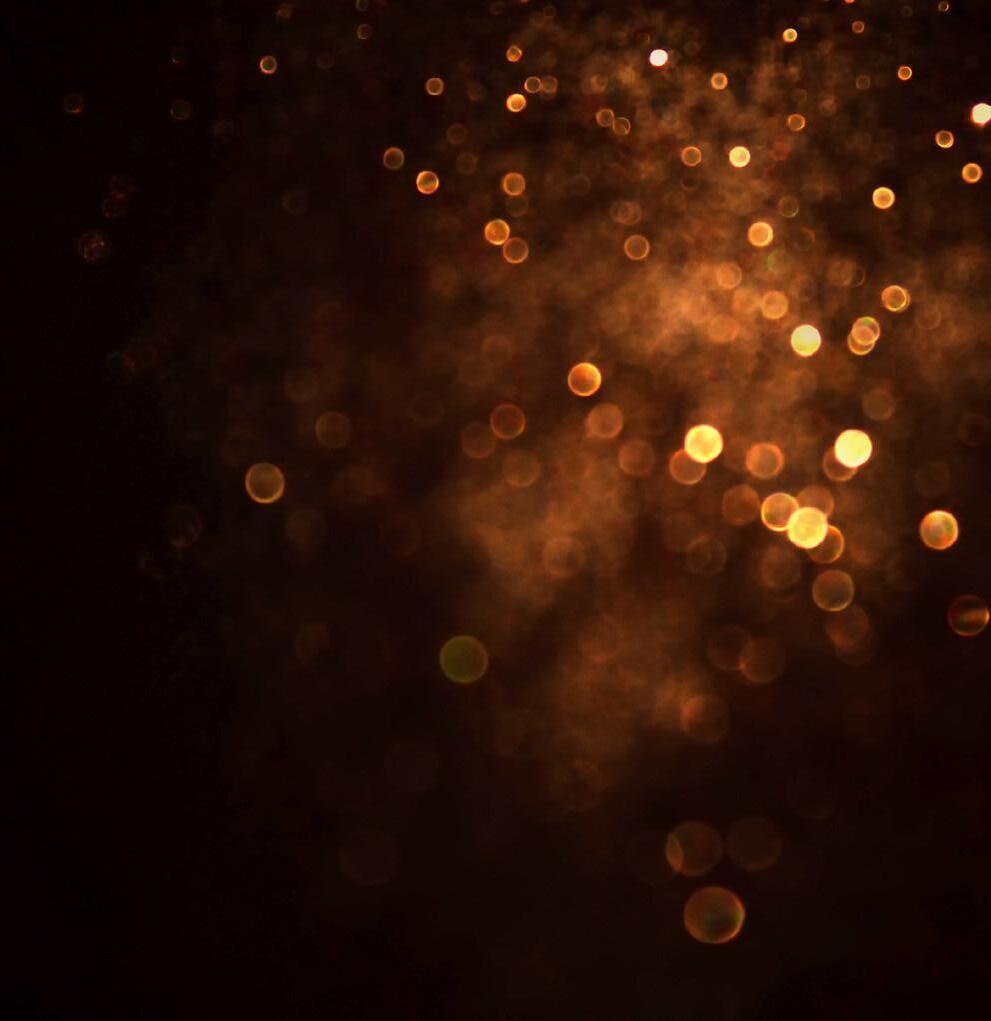
EDN FRI 26 MAY
GLW SAT 27 MAY
Thomas Søndergård Conductor
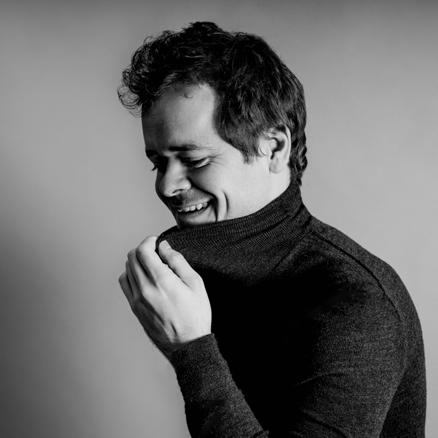
Nicola Benedetti Violin
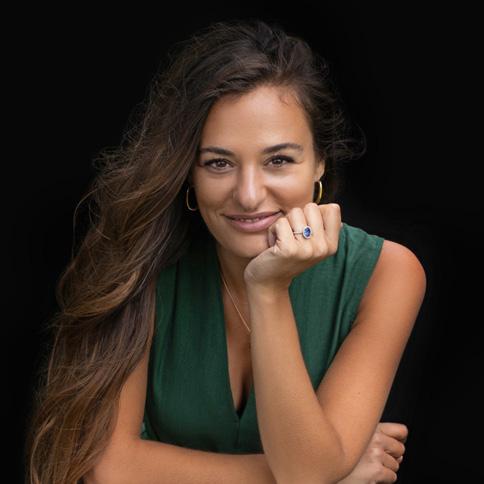
Sheku Kanneh-Mason Cello
Benjamin Grosvenor Piano
RSNO Youth Chorus
Patrick Barrett Director, RSNO Youth Choruses
The RSNO is supported by the Scottish GovernmentSpring is always a busy time for the Orchestra, as we continue our current concert Season while looking forward to the next. After months of hard work behind the scenes it was with great excitement last week that we launched our 2023:24 Season. It’s a creative and adventurous year of programming, with premieres and artist debuts alongside muchloved classics. We want the RSNO Concert Season to be a centre for creative collaboration and innovation, and we’re continually inspired by the artists and organisations we work with, from Scotland and beyond.
I’m delighted to share with you this evening two of the pieces we’re taking on our European tour next week, led by our Music Director Thomas Søndergård. As we travel to Vienna, Udine, Ljubljana and Vaduz, we’ll also be performing Fazıl Say ’s Concerto for Trumpet and Organ and Sibelius’ First Symphony.
International touring is an important part of the Orchestra’s activity. As Scotland’s National Orchestra we’re passionate about sharing with the world the incredible talent we have in this country, raising the profile of the RSNO overseas and allowing fans of our recordings a chance to hear the Orchestra perform live. Tours also help us to bring some of the best international artists back to perform for you, our loyal audiences at home. In that respect, I’m delighted to welcome Leif Ove Andsnes, who joins us for Rachmaninov ’s Third Piano Concerto. Leif has received multiple accolades, including two GRAMMY nominations, for his recordings of Rachmaninov ’s spectacular work, and I can’t wait to hear how he and Thomas interpret this piece tonight.
It was wonderful to welcome many of our subscribers and supporters to our launch event this week, with a special performance by Leader Maya Iwabuchi and members of the RSNO Chorus. I hope you’ve had a chance to look through the brochure and I look forward to welcoming audiences both familiar and new to concert halls next Season
This Sunday sees the culmination of our Community Orchestra’s year of rehearsals, as they perform the premiere of Orpheus by Ailie Robertson, an RSNO commission, as well as music by Strauss, Stravinsky and John Adams. Working with the RSNO and conductor Robert Baxter, this group of amateur musicians is a credit to the organisation. Do come along to the New Auditorium – the free concert starts at 3.30pm. You can find out more and book your seat at rsno.org.uk
Alistair Mackie CHIEF EXECUTIVE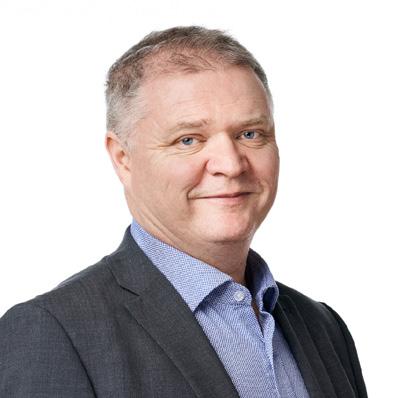



































































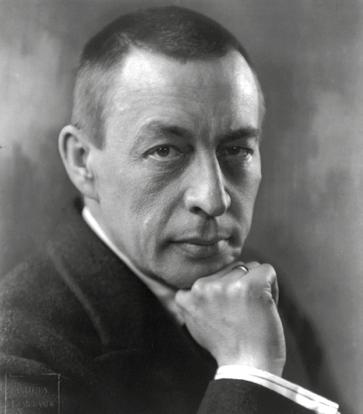
FIRST PERFORMANCE
New York, 28 November 1909
DURATION 43 minutes
1. Allegro ma non tanto
2. Intermezzo: Adagio–
3. Finale: Alla breve
After the death of Rimsky-Korsakov and before the emergence of Stravinsky and Prokofiev as major musical voices, Rachmaninov enjoyed a period when he was considered the most significant Russian composer. The successes of his Second Piano Concerto and Second Symphony had finally laid the ghost of the disastrous premiere of his First Symphony in 1897, and Rachmaninov felt renewed confidence in his compositional abilities (his prodigious talents as a pianist had never been in question). He was also well known in Western Europe and hoped to further his reputation with a tour of the USA, for which he specifically wrote his Third Piano Concerto. Composition of the work took place at his country home at Ivanovka in just a few weeks during the late summer of 1909. He dedicated the Concerto to the legendary Polish pianist Josef Hofmann (considered by Rachmaninov to be the greatest of the day), though Hofmann was never to perform it.
Rachmaninov had created a tour de force of a Romantic piano concerto, a work requiring immense stamina and consummate technical ability from pianists. On the crossing to America, he practised the Concerto’s solo part diligently on a dummy keyboard and gave its premiere with the (now defunct) New York Symphony Orchestra under Walter Damrosch in November 1909. In January 1910 he performed it again, with Gustav Mahler conducting the New York Philharmonic (Mahler’s musicianship and attention to detail hugely impressed him).
Overall, the American tour was a great success and earned Rachmaninov a healthy sum (he bought a Mercedes-Benz on some of the proceeds), though the Third Piano Concerto was met with only qualified enthusiasm. In fact, it was only when the Concerto was taken
up by the great pianist Vladimir Horowitz in the 1930s that it began to achieve real popularity. Both Horowitz’s early recording of the work and the recording made by Rachmaninov himself in 1939 are marred by swingeing cuts, though happily since the 1960s the work has invariably been performed in its entirety.
A few words about the epic but essentially simple theme that opens the first movement and plays such a crucial role in the Concerto as a whole. Rachmaninov always denied that the theme derived in any way from folk or liturgical music, insisting that it simply ‘wrote itself’. However, after Rachmaninov’s death, the musicologist Joseph Yasser drew attention to the striking similarities between the theme and an old Russian monastic chant, ‘Thy tomb, O Saviour, soldiers guarding’. Perhaps Rachmaninov, on one of his frequent boyhood visits to monastic churches with his grandmother, heard the chant and stored it away in his subconscious memory. Indeed, this might explain why the theme so readily ‘wrote itself’.
Whatever its origins, at the onset of the first movement this theme, played in octaves by the piano, unfolds majestically over a gently pulsating accompaniment. Much that follows derives from it in one way or another, including the dreamy, lyrical second main melody that emerges after a lively conversational exchange between piano and orchestra. A restatement of the opening melody heralds the beginning of the turbulent central development section, the theme again providing most of that section’s raw material. The music builds to a dramatic climax before gradually subsiding to make way for an extensive and highly virtuosic cadenza for the soloist. Eventually, after a series of woodwind and horn interjections, melting lyricism becomes the order of the day before
a brief recapitulation of the opening theme and a short closing coda based on that earlier conversational exchange.
The second movement is largely based on a melody that grows from a phrase heard in the violins in the very first bar (which also bears some resemblance to the first movement’s main theme). A glorious flow of lyricism and luxuriousness ensues, though towards the end there is a faster section, a sort of shadowy waltz that makes explicit reference back to the first movement’s main theme.
After a return of the slower music, the third movement bursts into life without a pause. One of the most dashing and exciting movements ever written for piano and orchestra, here every possibility of the modern piano is fully exploited as the first movement’s themes reappear in various guises. The development of the ideas leads to quite breathtaking piano virtuosity, though a degree of contrast comes in the centre of the movement with a slower, more poetic episode. The virtuosity soon returns, however, and a thrilling final coda puts the seal on one of the greatest and most technically taxing of Romantic piano concertos.
© Anthony BatemanRachmaninov Piano
Concerto No3
Plus Variations on a Theme of Corelli
Piano Boris Giltburg
Conductor Carlos Miguel Prieto
More information
rsno.org.uk/recordings
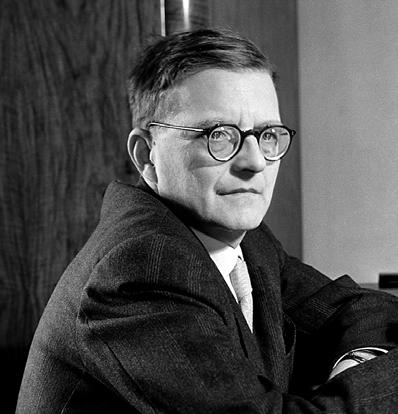
Dmitri Shostakovich’s life and music are defined by his complicated relationship with the Soviet authorities that kept a watchful eye over his every creative move. Composers under Joseph Stalin were supposed to write music that chimed with the dictator ’s view of the world. For an artist like Shostakovich who naturally opposed Stalin’s oppression and killing, that made for a living hell.
FIRST PERFORMANCE Leningrad (now St Petersburg), 17 December 1953
DURATION 57 minutes
Shostakovich experienced two major run-ins with Stalin. The first came in 1936, when the dictator decided to attend the composer ’s popular opera Lady Macbeth of the Mtsensk District and was enraged by what he decreed ‘muddle instead of music’ – an affront to the regime’s insistence that music be uplifting, aggrandising and easily understandable. The next altercation, in 1948, was far worse. Following the defeat of the Nazis three years earlier, Shostakovich got to work on a Ninth Symphony that Stalin expected to be a hymn of praise directed at himself, along the lines of Beethoven’s Ninth. Instead, the composer delivered an introverted work that Stalin took as a direct insult. The score was promptly banned and Shostakovich didn’t go near another symphony for five years.
In 1953, Stalin died. Immediately the situation for artists was easier. Within months Shostakovich had formally started work on his next symphony – the Tenth. Some of the music, allegedly, existed already. The pianist Tatiana Nikolayeva suggested parts of the work were written in 1951, at the same time as Shostakovich’s austere Preludes and Fugues for piano, and withheld until Stalin died. That chimes with Shostakovich’s own confession to Solomon Volkov that the Symphony was ‘all about Stalin and the Stalin years’.
Certainly, the Symphony can be heard as a depiction of life in a suppressed society. The violinist David Oistrakh cited the work’s inner conflicts, its dramatic effect and even its use of intense beauty to point up the tragedy of Soviet life. John Mangum, CEO of the Houston Symphony Orchestra, has memorably described it as ‘48 minutes of tragedy, despair, terror and violence and two minutes of triumph’
Others have noted the Symphony ’s innovative design in an age when symphonic architecture was deemed old hat – its conjuring of huge arch forms punctuated by eruptive climaxes inflated apparently from the smallest motifs. One contemporary Soviet composer, Aram Khachaturian, claimed the Tenth represented an affirmation of the highest principles of realism in the context of the Soviet symphony. Shostakovich himself said he wanted simply ‘ to convey human feelings and passions’.
Despite the doom and gloom, this appears to be a Symphony in which Shostakovich asserts himself and his individualism – not least in the prevalence of his own personal musical initials, D-S-C-H (according to the German notation system, the notes D, E flat, C and B), and the similar notational encoding of his love for a student, Elmira Nazirova.
The Symphony ’s colossal first movement erupts in climaxes described by the composer as ‘dramatic, heroic and tragic’. Musical themes are introduced by treading cellos and basses, wistful clarinet and a jittery flute whose pressurised little waltz foreshadows nightmares to come. At its peak, the movement erupts with shrieking woodwinds, ominous military drum and apocalyptic tamtam (a suspended cymbal).
‘Music illuminates a person through and through,’ commented Shostakovich in relation to the Symphony ’s second movement, which he admitted was a scherzo depicting Stalin. This is music of unremitting fear and violence –wild, furious and unpredictable.
Next, the music appears to turn inwards. In the Allegretto the composer ’s initial motif is entwined with the horn calls derived from Elmira’s name with a sense of Romantic longing. The finale revisits the nightmarish territory of the opening Moderato, introduces a coarse Russian dance (a Gopak) native to Stalin’s locale on woodwinds, and builds to a colossal climax during which Shostakovich appears to claim a personal victory (via his initials) once again – an individual’s victory over evil and oppression.
© Andrew Mellorwhom he recently received his 11th GRAMMY nomination.
Andsnes also continues his partnership with the Mahler Chamber Orchestra on Mozart Momentum 1785/86, a major multi-season project exploring one of the most creative periods of the composer’s career. The project marks Andsnes’ second artistic partnership with the orchestra, following The Beethoven Journey, a four-season focus on the composer’s music for piano and orchestra that saw Andsnes give more than 230 performances in 108 cities, as chronicled in the documentary Concerto – A Beethoven Journey and captured on an award-winning Sony Classical series.
With his commanding technique and searching interpretations, Norwegian pianist Leif Ove Andsnes has won acclaim worldwide, playing in all the leading concert halls and with all the foremost orchestras, while building an esteemed and extensive discography. He is the Founding Director of the Rosendal Chamber Music Festival, was Co-Artistic Director of the Risør Festival of Chamber Music for nearly two decades, and has served as Music Director of California’s Ojai Music Festival. A Gramophone Hall of Fame inductee, he holds honorary doctorates from New York’s Juilliard School of Music and the universities of Bergen and Oslo.
This season Andsnes performs Dvořák’s unjustly neglected piano cycle Poetic Tone Pictures, both on a new Sony Classical release and on high-profile recital tours of Europe and North America. In concert he plays Debussy’s Fantaisie with the Cleveland Orchestra; Grieg’s Concerto with the Leipzig Gewandhaus, NDR Elbphilharmonie and London Philharmonic orchestras; and Rachmaninov’s Third with the Oslo Philharmonic and RSNO. Among other 2022/23 highlights, Andsnes gives lieder recitals with baritone Matthias Goerne, with

Andsnes records exclusively for Sony Classical. His previous discography comprises more than 30 discs for EMI Classics, spanning repertoire from Bach to the present day. He has been nominated for 11 GRAMMYs and awarded many international prizes, including six Gramophone Awards. Recent releases encompass the Billboard bestselling Sibelius as well as Chopin: Ballades & Nocturnes (Sony Classical), Stravinsky’s music for two pianos with Marc-André Hamelin (Hyperion), Schumann’s Liederkreis and Kernerlieder with Matthias Goerne (Harmonia Mundi), and Bent Sørensen’s piano concerto, La Mattina, with the Norwegian Chamber Orchestra and Per Kristian Skalstad (Dacapo).
Born in Karmøy, Norway in 1970, Leif Ove Andsnes studied at the Bergen Music Conservatory with Jirí Hlinka. He also received invaluable advice from the Belgian piano teacher Jacques de Tiège who, like Hlinka, has greatly influenced his style and philosophy of playing. He is currently an Artistic Adviser for the Prof. Jirí Hlinka Piano Academy in Bergen. He lives in Bergen with his family of three children.
In November 2021 Thomas conducted the RSNO in the world premiere of Detlev Glanert’s Violin Concerto No2 To the Immortal Beloved (with Midori) during the 2021 United Nations Climate Change Conference (COP26) held in Glasgow. Recent highlights with the RSNO have included tours to China and the US, the premiere of Wynton Marsalis’ Violin Concerto with Nicola Benedetti (also at the 2022 BBC Proms) and much-praised performances at the Edinburgh Festival.
Danish conductor Thomas Søndergård has been Music Director of the RSNO since the 2018:19 Season, following six seasons as Principal Guest Conductor. From 2012 to 2018 he was Principal Conductor of the BBC National Orchestra of Wales (BBC NOW), after stepping down as Principal Conductor and Musical Advisor of the Norwegian Radio Orchestra. He becomes Music Director of the Minnesota Orchestra in September 2023.
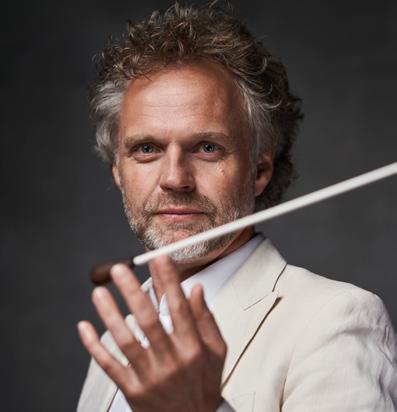
Thomas has appeared with many notable orchestras in leading European centres, such as Berlin (including the Berliner Philharmoniker, Rundfunk-Sinfonieorchester Berlin, Mahler Chamber Orchestra), Leipzig (Gewandhausorchester), Paris (Orchestre National de France), London (London Philharmonic, BBC Symphony, London Symphony and Philharmonia), Amsterdam and Rotterdam (Royal Concertgebouw, Netherlands Philharmonic, Rotterdam Philharmonic), and throughout Scandinavia. North American appearances have included the orchestras of Chicago, Toronto, Atlanta, Vancouver, Houston and Seattle.
Following his acclaimed debut for Royal Danish Opera with Poul Ruders’ Kafka’s Trial, Thomas has returned regularly to conduct repertoire ranging from contemporary to Le nozze di Figaro, Il barbiere di Siviglia, La bohème, The Cunning Little Vixen and Il viaggio a Reims, and has made short concert tours with the Royal Danish Orchestra. He has also enjoyed successful collaborations with Norwegian Opera and Royal Swedish Opera. His Stockholm productions of Tosca and Turandot (both with Nina Stemme) led to his Bayerische Staatsoper debut, conducting main season and Opera Festival performances of Turandot with Stemme. He made his Deutsche Oper Berlin debut with the world premiere of Andrea Lorenzo Scartazzini’s Edward II and has since returned for Berlioz’s Romeo and Juliet.
Thomas has recorded with violinist Vilde Frang and the WDR Köln and cellist Johannes Moser and the Rundfunk-Sinfonieorchester
Berlin, and the music of Poul Ruders with the Aarhus Symphony, Norwegian Radio Orchestra and Royal Danish Opera. For Linn Records he has recorded Sibelius symphonies and tone poems with the BBC NOW, and Prokofiev symphonies 1 and 5 and Richard Strauss’ Ein Heldenleben with the RSNO.
Formed in 1891 as the Scottish Orchestra, the company became the Scottish National Orchestra in 1950, and was awarded Royal Patronage in 1977. The Orchestra’s artistic team is led by Danish conductor Thomas Søndergård, who was appointed RSNO Music Director in October 2018, having previously held the position of Principal Guest Conductor. Hong Kong-born conductor Elim Chan succeeds Søndergård as Principal Guest Conductor.

The RSNO performs across Scotland, including concerts in Glasgow, Edinburgh, Dundee, Aberdeen, Perth and Inverness. The Orchestra appears regularly at the Edinburgh International Festival and the BBC Proms, and has made recent tours to the USA, China and Europe.
The Orchestra is joined for choral performances by the RSNO Chorus, directed by Stephen Doughty. The RSNO Chorus evolved from a choir formed in 1843 to sing the first full performance of Handel’s Messiah in Scotland. Today, the RSNO Chorus is one of the most distinguished large symphonic choruses in Britain. The Chorus has performed nearly every work in the standard choral repertoire, along with contemporary works by composers including John Adams, Howard Shore and Sir James MacMillan.
The RSNO has a worldwide reputation for the quality of its recordings, receiving a 2020 Gramophone Classical Music Award for Chopin’s Piano Concertos (soloist: Benjamin Grosvenor), conducted by Elim Chan; two Diapason d’Or awards for Symphonic Music (Denève/Roussel 2007; Denève/Debussy 2012) and eight GRAMMY Awards nominations. Over 200 releases are available, including Thomas Søndergård conducting Strauss (Ein Heldenleben, Der Rosenkavalier Suite) and Prokofiev (Symphonies Nos1 and 5), the complete symphonies of Sibelius (Gibson), Prokofiev (Järvi), Bruckner (Tintner) and Roussel (Denève), as well as further discs championing the music of William Grant Still (Eisenberg), Xiaogang Ye (Serebrier) and Thomas Wilson (Macdonald).
The RSNO’s pioneering learning and engagement programme, Music for Life, aims to engage the people of Scotland with music across key stages of life: Early Years, Nurseries and Schools, Teenagers and Students, Families, Accessing Lives, Working Lives and Retired and Later Life. The team is committed to placing the Orchestra at the centre of Scottish communities via workshops and annual residencies.
FIRST VIOLIN
Laura Samuel
GUEST LEADER
Lena Zeliszewska
ASSOCIATE LEADER
Tamás Fejes
ASSISTANT LEADER
Patrick Curlett
Evgeny Mahktin
Ursula Heidecker Allen
Lorna Rough
Liam Lynch
Caroline Parry
Alan Manson
Susannah Lowdon
Veronica Marziano
Elizabeth Bamping
Gillian Risi
Jane Lemoine
SECOND VIOLIN
Tristan Gurney
GUEST PRINCIPAL
Marion Wilson
Claudia Fuller
Anne Bünemann
Paul Medd
Sophie Lang
Nigel Mason
Harriet Hunter
Emily Nenniger
Ana do Vale
Helena Rose
Eddy Betancourt
VIOLA
Tom Dunn
PRINCIPAL
Felix Tanner
Asher Zaccardelli
Susan Buchan
Lisa Rourke
Nicola McWhirter
Claire Dunn
Maria Trittinger
Francesca Hunt
Sasha Buettner
CELLO
Ben Hughes
GUEST PRINCIPAL
Betsy Taylor
Kennedy Leitch
Toby Turton
Rachael Lee
Robert Anderson
Gunda Baranuaskaitė
Anne Brincourt
Feargus Egan
Susan Dance
DOUBLE BASS
Jamie Shield
GUEST PRINCIPAL
Michael Rae
Moray Jones
Alexandre dos Santos
Derek Hill
Christopher Sergeant
Evangelos Saklaras
Gabriel Rodrigues
FLUTE
Katherine Bryan
PRINCIPAL
Helen Brew
Oliver Roberts
OBOE
Adrian Wilson
PRINCIPAL
Peter Dykes
Henry Clay
PRINCIPAL COR ANGLAIS
CLARINET
Timothy Orpen
PRINCIPAL
Adam Lee
Duncan Swindells
PRINCIPAL BASS CLARINET
BASSOON
David Hubbard
PRINCIPAL
Emma Simpson
Paolo Dutto
PRINCIPAL CONTRABASSOON
HORN
Diana Sheach
GUEST PRINCIPAL
Alison Murray
Andrew McLean
Jamie Shield
Martin Murphy
TRUMPET
Christopher Hart
PRINCIPAL
Kaitlin Wild
Rick Cowan
TROMBONE
Dávur Juul Magnussen
PRINCIPAL
Lance Green
Alastair Sinclair
PRINCIPAL BASS TROMBONE
TUBA
John Whitener
PRINCIPAL
TIMPANI
Paul Philbert
PRINCIPAL
PERCUSSION
Simon Lowdon
PRINCIPAL
John Poulter
Philip Hague
Colin Hyson
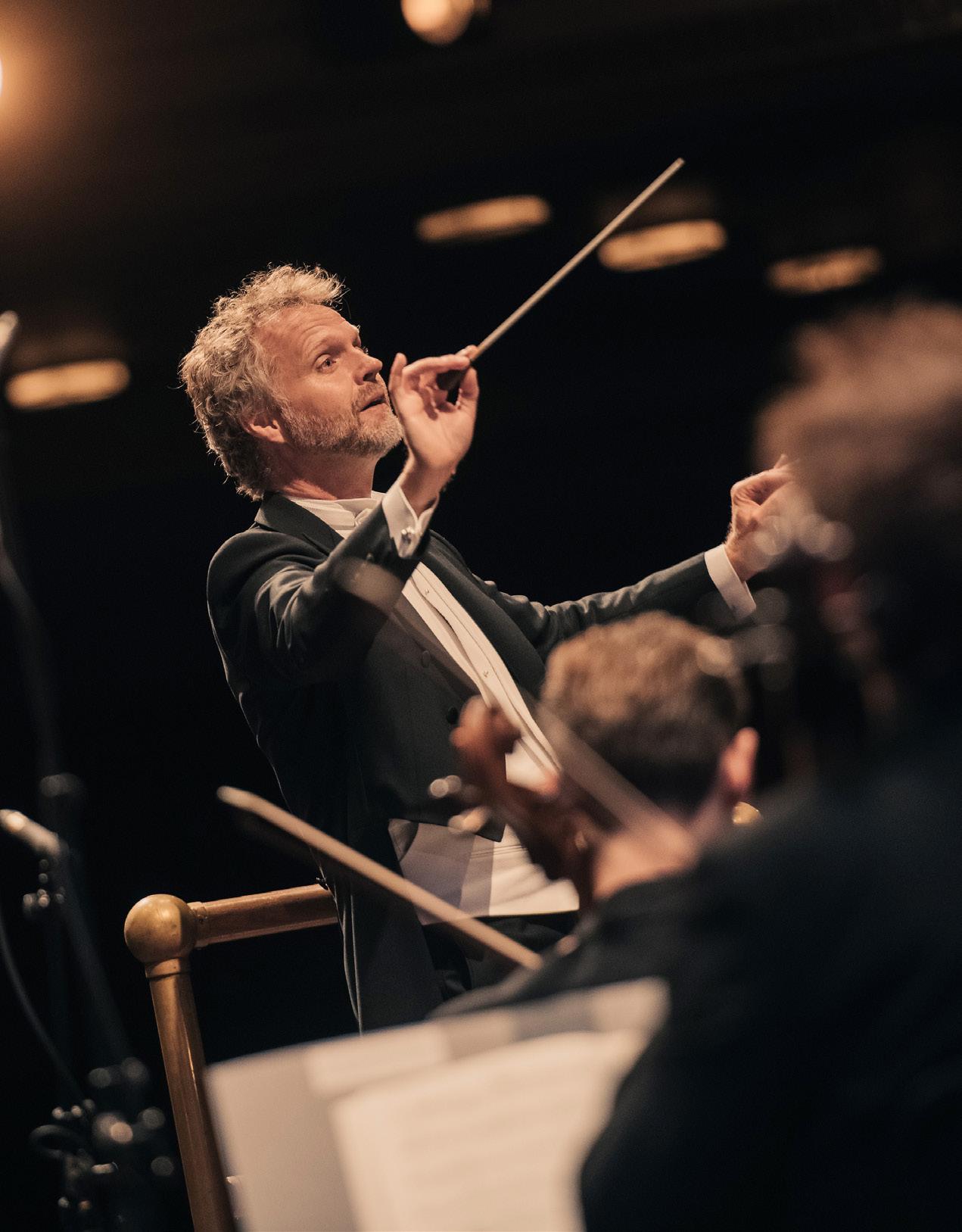
I am honoured and extremely proud to be Music Director of the RSNO. It is through the continued generosity of you, our friends, donors and supporters, that we can continue to achieve and realise the most ambitious goals of the Orchestra.
One of the wonders of the RSNO is how it brings high-quality music not only to concert halls, but to the wider community. From hospital settings to care homes, from our Astar app for families with newborns to our National Schools Concert Programme, our music touches so many lives in Scotland and beyond.
RSNO Benefactors are beacons of philanthropic inspiration, providing truly transformative financial support to the Orchestra that enables us to build and deliver long-term strategic plans. Benefactors share the RSNO’s vision for orchestral music and work with us to drive
Your support is the cornerstone of all that we do, as it allows us to continually build and develop.
Thank you for being part of this wonderful Orchestra’s journey, as we adapt and grow towards a bright future.
Thomas Søndergård MUSIC DIRECTOR, RSNOthe organisation forward, helping us to realise our future plans and ambitions.
Sir Ewan and Lady Brown
Gavin & Kate Gemmell
Kat Heathcote and Iain Macneil
The RSNO Conductors’ Circle is an inspirational group of individual supporters at the heart of the RSNO’s Individual Giving programme. Our members’ annual philanthropic gifts enable us to realise the Orchestra’s most ambitious goals. Conductors’ Circle members support inspirational concert performances for our audiences alongside transformational education programmes in communities across Scotland, via our ground-breaking initiative Music for Life.
The RSNO is very grateful for the continued support of its Conductors’ Circle:
Ardgowan Charitable Trust
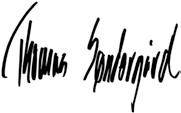
Geoff and Mary Ball
Stina Bruce Jones
Ian and Evelyn Crombie
Carol Grigor and the Trustees of Dunard Fund
Kenneth and Julia Greig
Ms Chris Grace Hartness
Bruce and Caroline Minto
David and Alix Stevenson
Eric and Karen Young
We would also like to thank those generous donors who wish to remain anonymous.
For more information on becoming a Benefactor or part of the Conductors’ Circle, please contact Jenny McNeely at jenny.mcneely@rsno.org.uk
CHAIR PATRON
From musical activities in schools with the musicians of the future to working in community venues across Scotland, as a Chair Patron you are enabling RSNO musicians to explore the many facets of their art and the positive impact it has on people’s lives. Supporting an individual musician puts you at the heart of the RSNO family. You’re connected directly to the musicians on stage and get to enjoy privileged behind-the-scenes access. RSNO musicians truly appreciate our Chair Patrons and enjoy developing personal relationships with our supporters.
Assistant Conductor
Kellen Gray
The Solti Foundation Chair
First Violin
Maya Iwabuchi LEADER
Sharon Roffman LEADER
Dunard Fund Chair
Tamás Fejes ASSISTANT LEADER
The Bill and Rosalind Gregson Chair
Patrick Curlett
ASSISTANT PRINCIPAL
The RSNO Circle Chair
Alan Manson
The Hugh and Linda Bruce-Watt Chair
Elizabeth Bamping
The WL and Vera Heywood Chair
Ursula Heidecker Allen
The James and Iris Miller Chair
Lorna Rough
The Hilda Munro Chair
Liam Lynch
Mr Kyle Anderson Weir
Second Violin
Marion Wilson
ASSOCIATE PRINCIPAL
The Nigel and Margot Russell Chair
Sophie Lang
The Ian and Evelyn Crombie Chair
Emily Nenniger
Mr Jamie & Kyle Anderson Weir
Viola
Tom Dunn PRINCIPAL
The Cathy & Keith MacGillivray Chair
Lisa Rourke SUB PRINCIPAL
The Meta Ramsay Chair
Francesca Hunt
The Rolf and Celia Thornqvist Chair
Cello
Pei-Jee Ng
PRINCIPAL CELLO
Mr Jamie & Kyle Anderson Weir
Betsy Taylor
ASSOCIATE PRINCIPAL
The Maxwell Armstrong Chair
Kennedy Leitch
ASSISTANT PRINCIPAL
The David and Anne Smith Chair
Rachael Lee
The Christine and Arthur Hamilton Chair
Double Bass
Michael Rae
James Wood Bequest Fund Chair
With thanks to the Gregor Forbes
John Clark Chair for its support of the RSNO Double Bass section
Flute
Katherine Bryan PRINCIPAL
The David and Anne Smith Chair
Helen Brew ASSISTANT PRINCIPAL
The Gordon Fraser Charitable Trust Chair
Oboe
Adrian Wilson PRINCIPAL
The Hedley Wright Chair
Peter Dykes
ASSOCIATE PRINCIPAL
Witherby Publishing Group
Charitable Trust Chair
Clarinet
Timothy Orpen PRINCIPAL
The Shirley Murray Chair
Cor Anglais
Henry Clay PRINCIPAL
In memory of a dear friend, Fiona H
Bassoon
David Hubbard PRINCIPAL
The James and Morag Anderson Chair
Horn
Christopher Gough PRINCIPAL
The Springbank Distillers Chair
Martin Murphy
ASSISTANT PRINCIPAL
The John Mather Trust’s Rising Star Chair
Alison Murray
ASSISTANT PRINCIPAL
Mr & Mrs Pierre and Alison Girard
David McClenaghan
The J & A Mitchell Chair
Trumpet
Christopher Hart PRINCIPAL
Ms Chris Grace Hartness
Trombone
Dávur Juul Magnussen
PRINCIPAL
The Mitchell’s Glengyle Chair
Lance Green
ASSOCIATE PRINCIPAL
The William Cadenhead Chair
Timpani
Paul Philbert
Ms Chris Grace Hartness
Percussion
John Poulter
ASSOCIATE PRINCIPAL
The Dot and Syd Taft Chair
Library and Orchestra
Assistant
Xander van Vliet
The Hilda Munro Chair
We would like to acknowledge the generous contribution of Mr Hedley Wright in supporting the RSNO Chair Patron Programme.
Our Learning and Engagement activity is structured around our Music for Life programme. From apps for babies to concerts and workshops for school children, and lunchtime concerts for older adults, the range of projects is vast. As a Patron, you will have access to our projects to bring you closer to the communities we serve across Scotland.
Learning and Engagement Patrons
William Brown, W.S.
Neil and Nicola Gordon
Professor Gillian Mead, FRSE
Mr Maurice Taylor CBE
RSNO Principal Oboe, Adrian Wilson
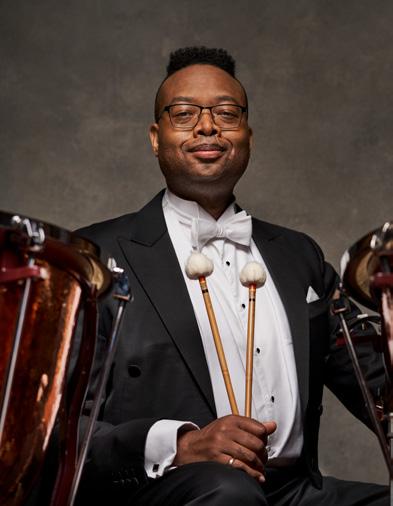
The RSNO Dundee Circle Committee
Witherby Publishing Group Charitable Trust
The RSNO is dedicated to bringing new works and outstanding new talent to audiences across Scotland. Our New Works Patrons contribute a significant legacy to orchestral music that extends beyond the RSNO, providing new music for orchestras and audiences around the world – for generations to come.
New Works Patron Susie ThomsonWe are also grateful to those who give but wish to remain anonymous.
If you would like more information or would like to discuss how you can become part of the RSNO Family of Supporters, please contact Jenny McNeely, Head of Individual Giving and Partnerships, at jenny.mcneely@rsno.org.uk
We would like to thank all those who have donated to our new Play Your Part Appeal. The generosity of our supporters at this time is deeply appreciated.
Leave

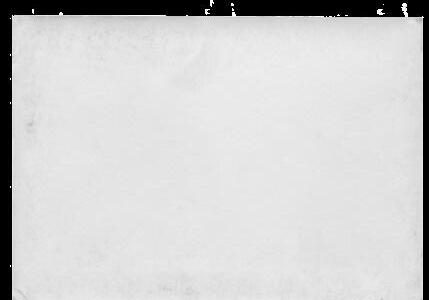
We all have special Musical Memories. It could be learning to play an instrument when you were a child, or a special piece of music that just left you breathless the first time you heard the Orchestra play it. Maybe it was seeing a soloist you had always wanted to hear, or just a great concert shared with friends. Memories such as these make music such an important part of our lives.
Leaving a gift to the RSNO in your will is the single most important way you can help us to make music and to create memories. Your legacy will support the work of the Orchestra for years to come, ensuring that we can continue to bring great music to a new generation of children, young people and adults right across Scotland. It is easy to leave a gift. After you have made provisions for family and friends, please think of the Orchestra.
Your gift is important to us and to everyone in Scotland who enjoys music. Contact your solicitor to draft a will or add a codicil to your current will.
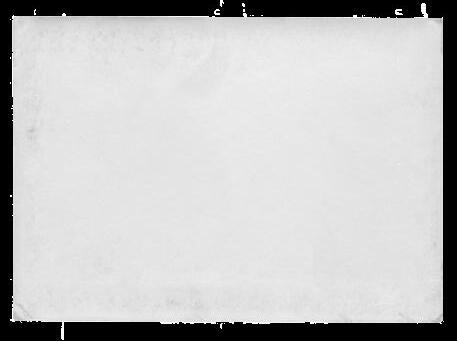
If your estate is subject to inheritance tax, a gift to a charity, such as the RSNO, is tax-free and will reduce the amount of tax payable to the Government. Please ask your solicitor for details.
For more information please visit rsno.org.uk/memories
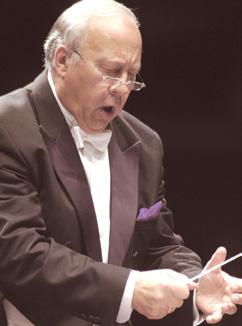
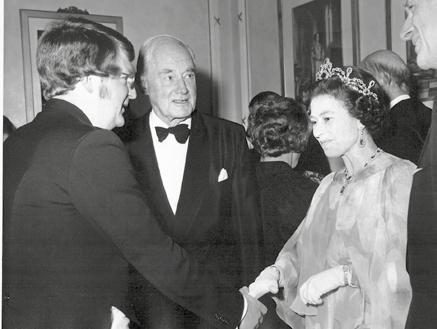
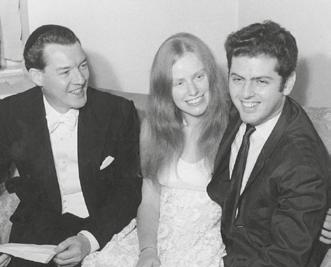
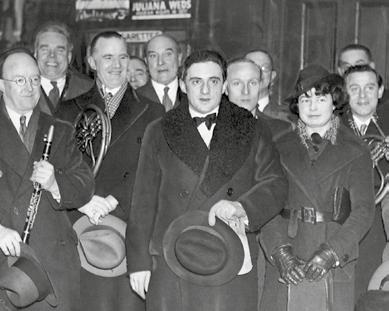
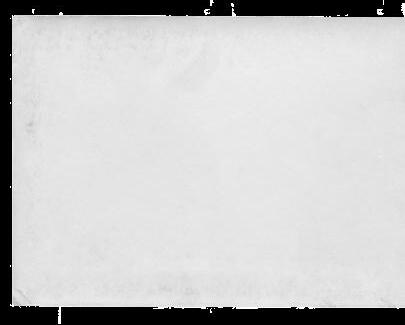
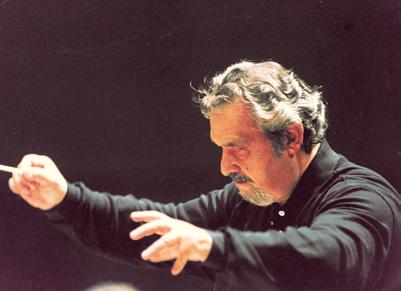

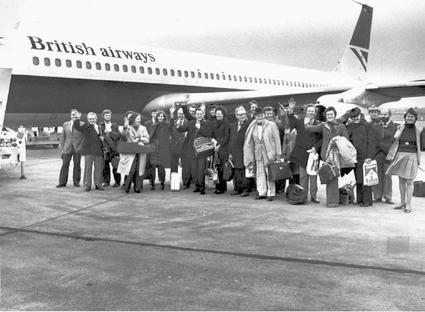
If you would like to discuss this further, please contact Torran McEwan, Individual Giving and Partnerships Officer, in the strictest confidence, at torran.mcewan@rsno.org.uk
To the many among you who have pledged to leave a gift already – thank you.
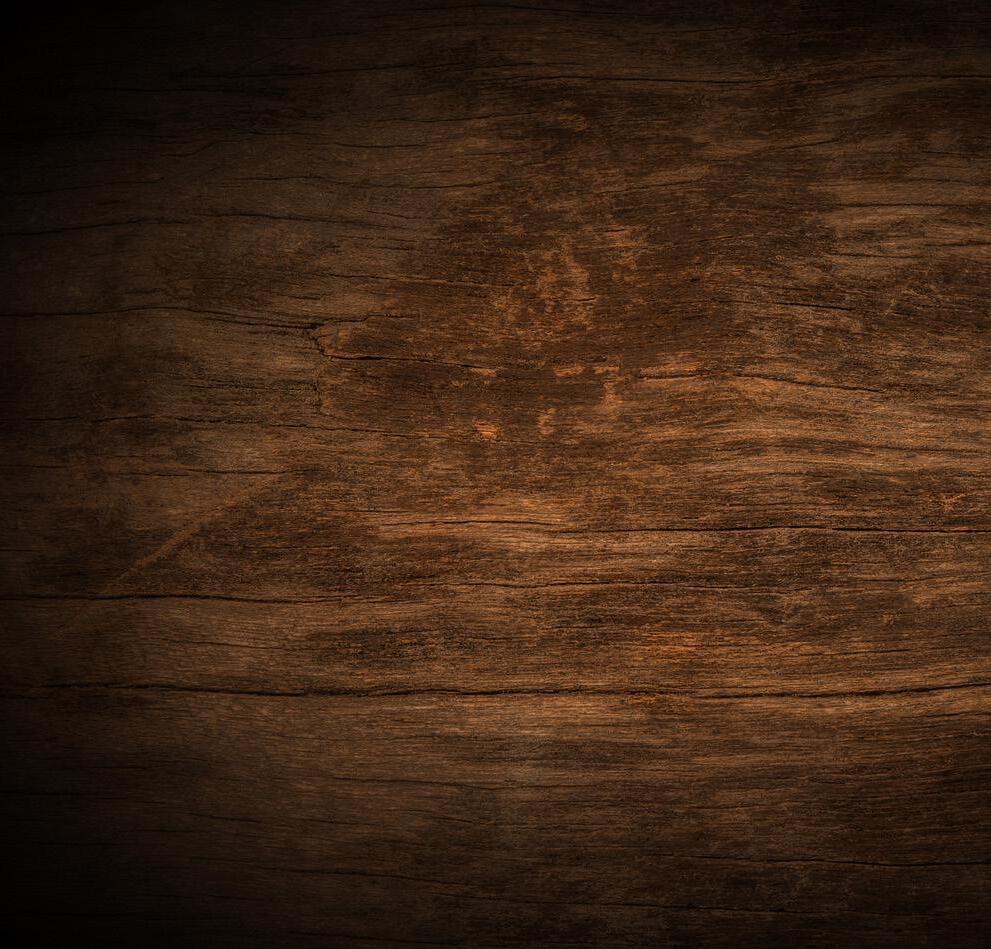
 Rachmaninov Piano Concerto No3
Rachmaninov Piano Concerto No3
a gift to the RSNO and ensure future generations can create their own Musical Memories of the Royal Scottish National Orchestra.
Charitable trusts and foundations have a distinguished history of supporting the RSNO, both on and off stage. From one-off donations for specific projects to multi-year funding for our flagship outreach initiatives, including the National Schools Concert Programme and Young Creatives, every grant in support of our work is truly appreciated. We are grateful to the following trusts and foundations for their generosity:
Aberdeen Endowments Trust
Alexander Moncur Trust
Alma & Leslie Wolfson Charitable Trust
Balgay Children’s Society
Boris Karloff Charitable Foundation
Brownlie Charitable Trust
Castansa Trust
CMS Charitable Trust
Cookie Matheson Charitable Trust
Cruach Trust
Cruden Foundation
David and June Gordon Memorial Trust
D’Oyly Carte Charitable Trust

Dunclay Charitable Trust
Educational Institute of Scotland
Edgar E Lawley Foundation
Ettrick Charitable Trust
Fenton Arts Trust
Forteviot Charitable Trust
Gaelic Language Promotion Trust
Gannochy Trust
Gordon Fraser Charitable Trust
Harbinson Charitable Trust
Hugh Fraser Foundation
Idlewild Trust
James Wood Bequest Fund
Jean & Roger Miller’s Charitable Trust
Jennie S Gordon Memorial Foundation
Jimmie Cairncross Charitable Trust
John Mather Charitable Trust
John Scott Trust Fund
Jones Family Charitable Trust
JTH Charitable Trust
Leach Family Charitable Trust
Leng Charitable Trust
Mary Janet King Fund
McGlashan Charitable Trust
MEB Charitable Trust
Meikle Foundation
Mickel Fund
Murdoch Forrest Charitable Trust
Nancie Massey Charitable Trust
Noël Coward Foundation
Northwood Charitable Trust
P F Charitable Trust
Pump House Trust
Q Charitable Trust
Ronald Miller Foundation
R J Larg Family Trust
Russell Trust
Scops Arts Trust
Scott Davidson Charitable Trust
Solti Foundation
Souter Charitable Trust
Stevenston Charitable Trust
Sylvia Aitken Charitable Trust
Tay Charitable Trust
Thomson Charitable Trust
Thriplow Charitable Trust
Tillyloss Trust
Vaughan Williams Foundation
WA Cargill Fund

Walter Craig Charitable Trust
Walter Scott Giving Group
Walton Foundation
Wavendon Foundation
William Syson Foundation
William S Phillips Fund
W M Mann Foundation
W M Sword Charitable Trust
Zich Trust
We are also grateful to a number of trusts that wish to stay anonymous.
If you would like more information about our work and how you can make a difference, please contact Naomi Stewart, Head of Trusts and Projects, at naomi.stewart@rsno.org.uk
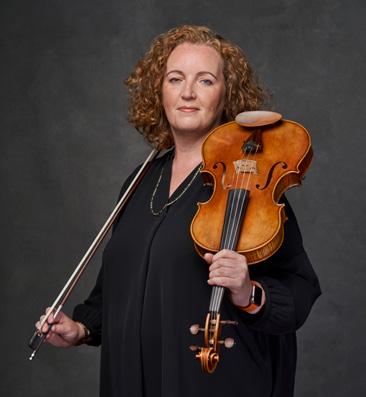

The Circle is a vital part of the RSNO family. Our community of music-lovers inspire and support us. Supporting us by joining the Circle will help us to bring music to so many people, from our Learning and Engagement programmes to our brand-new digital performances. As part of our community and family, we will keep in touch with our exclusive magazine Inner Circle, our Circle member webpage and invitations to special events throughout the year.
To find out more about joining the Circle please visit rsno.org.uk/circle or get in touch with Torran McEwan, Individual Giving and Partnerships Officer, at torran.mcewan@rsno.org.uk
To all our existing Circle members, thank you. Thank you for your unwavering support that allows us to continue sharing the joy of music.
Virtuoso
Ms Catherine Y Alexander
Mrs A M Bennett
Mr Alan and Mrs Carolyn Bonnyman
Dame Susan and Mr John Bruce
Mrs Stina Bruce-Jones
Stephen and Morny Carter
Francesca and Eoghan Contini Mackie
Sir Sandy and Lady Crombie
Ms Margaret Duffy and Dr Peter Williamson
Gavin and Kate Gemmell
Dr M I and Mrs C R Gordon
Scott and Frieda Grier
Judith and David Halkerston
Iain MacNeil and Kat Heathcote
Miss A McGrory
Miss M Michie
Mr James Miller CBE
Nicholas and Alison Muntz
Meta Ramsay
Mr George Ritchie
Mr and Mrs W Semple
Mr Ian Taft
Claire and Mark Urquhart
Raymond and Brenda Williamson
Mr Hedley G Wright
Symphony
Mr W Berry
Mr John Brownlie
Miss L Buist
Dr K Chapman and Ms S Adam
Mr I Gow
Mr J D Home
Mrs A Lamont
Professor J and Mrs S Mavor
Mrs A McQueen
Mr Miller
Mrs A Morrison
Mr and Mrs David Robinson
Mr D Rogerson
Mrs Ann M Stephen
Mr Alistair M and Mrs Mandy
Struthers
Mr and Mrs M Whelan
Concerto
Mr A Alstead
Miss D Blackie
Mr L Borwick
Neil and Karin Bowman
Dr C M Bronte-Stewart
Dr F L Brown
Mr and Mrs Burnside
Mr A Campbell
Dr J Coleiro
Mr and Mrs B H Cross
Christine and Jo Danbolt
Mr P Davidson
Mr J Diamond
Mr S Dunn
Mr C Ffoulkes
Mr W G Geddes
Mr and Mrs M Gilbert
Lord and Lady Hamilton
Mrs S Hawthorn
Dr and Mrs P Heywood
Ms H Kay
Mr and Mrs W Kean
Mrs M King
Christine Lessels
Mr R M Love
Mr D MacPherson
Mr and Mrs Marwick
Mr S Marwick
Mr and Mrs G McAllister
Dr A H McKee
Mr Rod McLoughlin
Mrs B Morinaud
Dr and Mrs D Mowle
Mr I Percival
Ms A and Miss I Reeve
Mrs E Robertson
Miss L E Robertson
Dr and Mrs G K Simpson
Mr and Mrs A Stewart
Mrs M Stirling
Mr G Stronach
Mr I Szymanski
Mr J B and Mrs M B Watson
Mr and Mrs Zuckert
Sonata
Mr K Allen
Mrs P Anderson
Dr A D Beattie
Mrs H Benzie
Lord and Lady Borthwick
Rev P Boylan
Rev P Boylan
John Bradshaw and Shiona Mackie
Mr and Mrs Bryan
Mrs C Campbell
Miss S M Carlyon
Lady Coulsfield
Adam and Lesley Cumming
Dr J K and Mrs E E Davidson
Mr and Mrs K B Dietz
Mrs C Donald
Mr John Duffy
Mr and Mrs M Dunbar
Mr R M Duncan
Brigadier and Mrs C C Dunphie
Mrs E Egan
Mr R B Erskine
Dr E Evans
Mr D Fraser
Ms J Gardner
Mr W G Geddes
Mr D Gibson
Mrs M Gibson
Mr and Mrs A Gilchrist
Mrs M Gillan
Mrs JK Gowans
Dr J and Mrs H Graham
Professor and Mrs A R Grieve
Lord and Lady Hamilton
Dr P J Harper
Dr N Harrison
Mr and Mrs R J Hart
Ms V Harvey
P Hayes
Dr and Mrs P Heywood
Bobby and Rhona Hogg
Mr R Horne
Mr and Mrs F Howell
Mrs A Hunter
Professor R N Ibbett
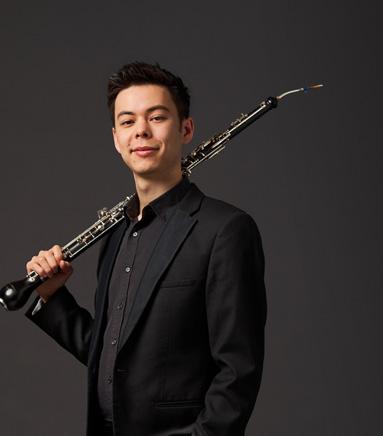
Mr A Kilpatrick
Professor and Mrs E W Laing
Christine Lessels
Dr D A Lunt
Mrs Lesley P Lyon
Lady Lucinda L Mackay
Dr A K and Mrs J C Martin
Mr and Mrs J Martin
Ms S McArthur
Mr G McCormack
Jean McCutcheon
Mrs M McDonald
Ms M McDougall
Mr M McGarvie
Dr Colin McHardy
Mr G McKeown
Ms H L McLaren
Mrs E McLean
Mr D McNaughton
Mr and Mrs B Mellon
Mr I Mills
Kenneth M. Murray
Mr B and Mrs C Nelson
Mr and Mrs K O’Hare
Mr and Mrs K Osborne
Dr G Osbourne
Mr R Parry
Misses J and M Penman
Mr J W Pottinger
Miss J A Raiker
Mr M Rattray
Ms F Reith
Mrs D A Riley
Dr and Mrs D Robb
Mrs A Robertson
Mr I Robertson
Ms A Robson
Mrs E K Ross
David Scott
Mrs J Shanks
Mr J A Shipley
Dr M J and Mrs J A Shirreffs
Mr E Simmons
Mrs E Smith
Mr M Smith
Dr and Mrs B Stack
Mrs Lorna Statham
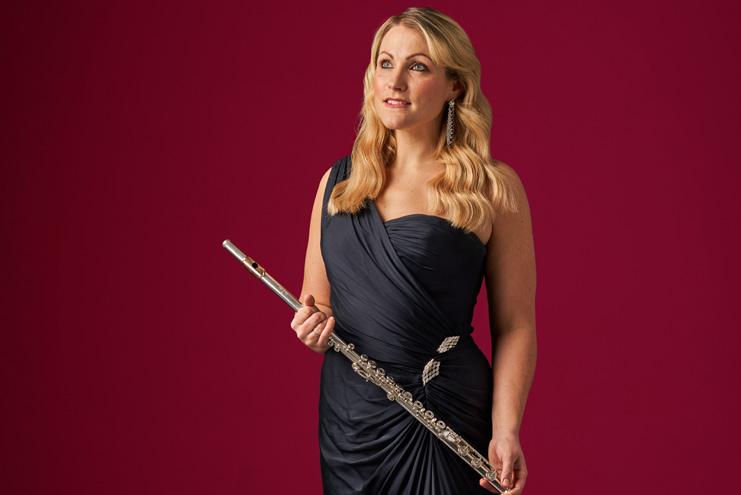
Mrs T Stevenson
Mrs R F Stewart
Rev N and Mr R Stewart
Mr and Mrs B Tait
Dr and Mrs T Thomson
Dr Morag Ward
Mr W Watters
Mr G West
Miss M Whitelaw
Dr and Mrs D T Williams
Mr R Young
Mr C and Mrs L Yule
Thank you to all our members of the Circle, including those who wish to remain anonymous. Every one of you makes a real difference.




CHAIR
If you would like more information about sponsorships, corporate partnerships or fundraising events with the RSNO, please contact Jenny McNeely, Head of Individual Giving and Partnerships, at jenny.mcneely@rsno.org.uk
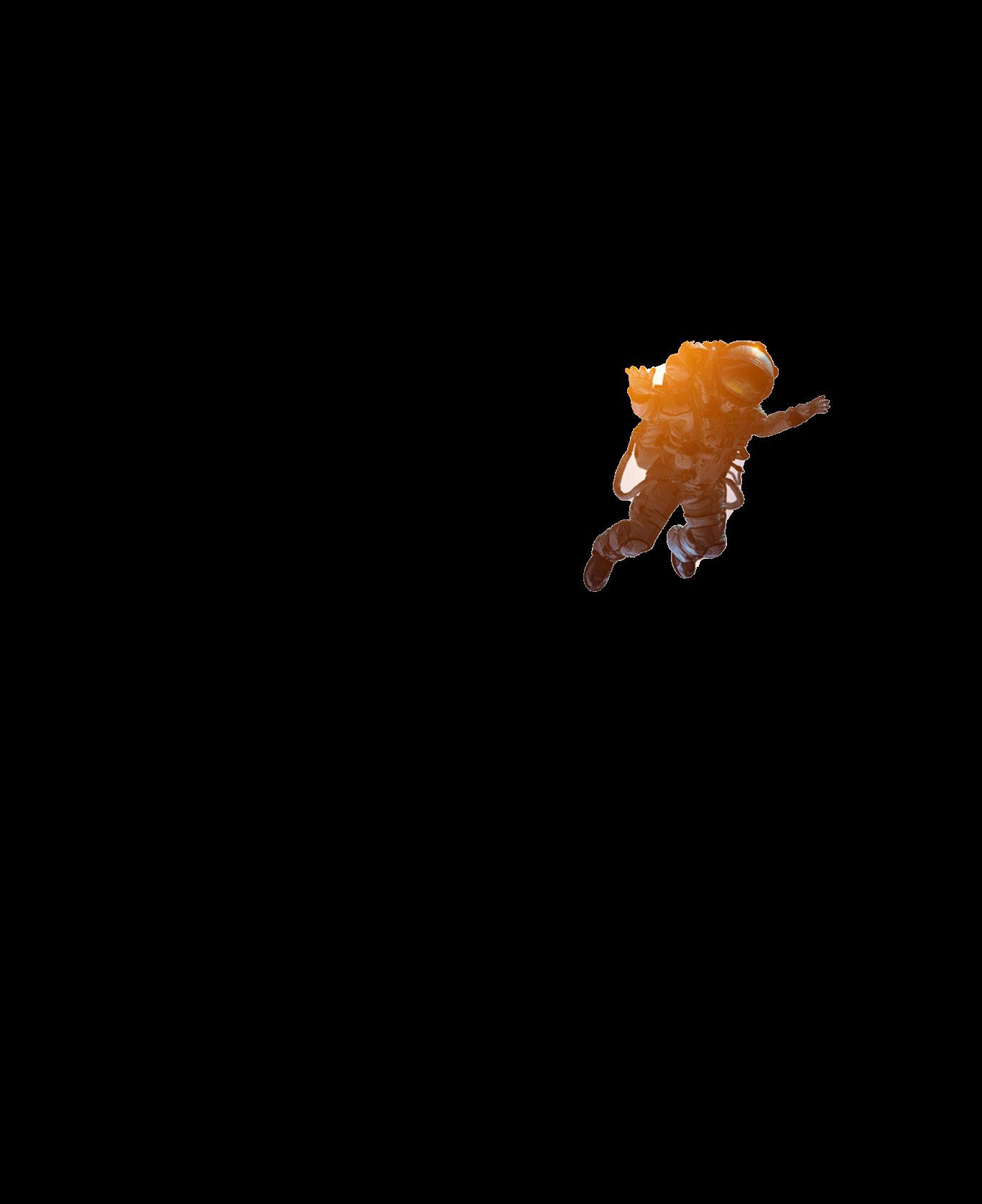

DND THU 1 JUN
EDN FRI 2 JUN
GLW SAT 3 JUN
Mozart Symphony No40 K550
Jörg Widmann Armonica
Mozart Adagio for Glass Harmonica in C major K356
Mozart Symphony No41 Jupiter K551
Jörg Widmann Conductor
Christa Schönfeldinger Glass Harmonica
PATRON
Her Late Majesty The Queen
RSNO BOARD OF DIRECTORS
Elected Directors
Dame Susan Bruce DBE
CHAIR
John Heasley
HONORARY TREASURER
Kat Heathcote
Linda Holden
Neil McLennan Costa Pilavachi
CHIEF EXECUTIVE
Alistair Mackie
Phoebe Connolly
EXECUTIVE ASSISTANT
Nicola Shephard
EXECUTIVE ASSISTANT (MATERNITY LEAVE)
CONCERTS
Dr Ingrid Bols
PLANNING OFFICER
Emma Hunter
DEPUTY ORCHESTRA MANAGER
Ewen McKay
HEAD OF ORCHESTRA MANAGEMENT
Jim O’Brien
DRIVER AND ORCHESTRA TECHNICIAN
Richard Payne
LIBRARIAN
Tammo Schuelke
HEAD OF PLANNING
Craig Swindells
HEAD OF PRODUCTIONS
Matthias Van Der Swaagh
CONCERTS ADMINISTRATOR
Xander van Vliet
LIBRARY ASSISTANT
Christine Walker
CHORUS MANAGER
LEARNING AND ENGAGEMENT
Andy Stevenson
DIRECTOR OF ENGAGEMENT
Samantha Campbell
HEAD OF ENGAGEMENT (MATERNITY LEAVE)
Chrissie Johnson
PROJECT MANAGER
David Robinson
Gurjit Singh Lalli
Jane Wood
Player Directors
Helen Brew
David Hubbard
Dávur Juul Magnussen
Sophie Lang
Paul Philbert
Lorna Rough
Nominated Director
Cllr Edward Thornley
THE CITY OF EDINBURGH COUNCIL
Rosie Kenneally
LEAD PROJECT MANAGER
Rachel O’Connor
CREATIVE ASSISTANT
Rachel Pyke
PROJECT MANAGER
EXTERNAL RELATIONS
Dr Jane Donald
DIRECTOR OF EXTERNAL RELATIONS
Lisa Ballantyne
PARTNERSHIPS OFFICER
Ian Brooke
PROGRAMMES EDITOR
Rosie Clark
EXTERNAL RELATIONS ADMINISTRATOR
Jessica Cowley
MARKETING MANAGER
Carol Fleming
HEAD OF MARKETING
Constance Fraser
COMMUNICATIONS AND MARKETING OFFICER
Torran McEwan
INDIVIDUAL GIVING AND PARTNERSHIPS
OFFICER
Jenny McNeely
HEAD OF INDIVIDUAL GIVING AND PARTNERSHIPS
Mirienne McMillan
SALES OFFICER
Graham Ramage
GRAPHICS AND NEW MEDIA DESIGNER
Kirsten Reid
TRUSTS AND PROJECTS COORDINATOR
Dr Naomi Stewart
HEAD OF TRUSTS AND PROJECTS
Sam Stone
INFORMATION SERVICES MANAGER
Youth Advisory Board
Nina Doig
Erin Findlay
Beth Peat
Annie Unieng
Company Secretary
Gordon Murray
RSNO COUNCIL
Baroness Ramsay of Cartvale
CHAIR
Ms Ruth Wishart
FINANCE AND CORPORATE SERVICES
Angela Moreland
CHIEF OPERATING OFFICER
Abby Dennison
FINANCE ADMINISTRATOR
Alice Gibson
FINANCE ADMINISTRATOR
Ted Howie
FACILITIES COORDINATOR
Lorimer Macandrew
VIDEO PRODUCER
Sam McErlean
ASSISTANT SOUND ENGINEER
Irene McPhail
ACCOUNTS AND PAYROLL ASSISTANT
Calum Mitchell
ASSISTANT VIDEO PRODUCER
Hedd Morfett-Jones
DIGITAL MANAGER
Susan Rennie
FINANCE MANAGER
Jade Wilson
FINANCE ASSISTANT
Royal Scottish National Orchestra
19 Killermont Street
Glasgow G2 3NX
T: +44 (0)141 226 3868
W: rsno.org.uk
Scottish Company No. 27809
Scottish Charity No. SC010702

